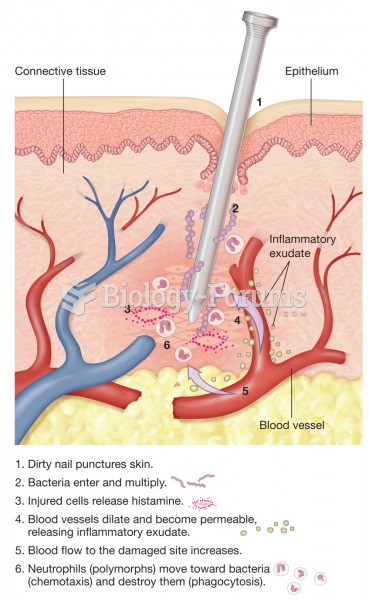Definition for Nosocomial infection
From Biology Forums Dictionary
A nosocomial infection (pronounced: nos-oh-koh-mi-al), also known as a hospital-acquired infection or HAI, is an infection whose development is favoured by a hospital environment, such as one acquired by a patient during a hospital visit or one developing among hospital staff. Such infections include fungal and bacterial infections and are aggravated by the reduced resistance of individual patients.
In the United States, the Centers for Disease Control and Prevention estimate that roughly 1.7 million hospital-associated infections, from all types of microorganisms, including bacteria, combined, cause or contribute to 99,000 deaths each year. In Europe, where hospital surveys have been conducted, the category of Gram-negative infections are estimated to account for two-thirds of the 25,000 deaths each year. Nosocomial infections can cause severe pneumonia and infections of the urinary tract, bloodstream and other parts of the body. Many types are difficult to attack with antibiotics, and antibiotic resistance is spreading to Gram-negative bacteria that can infect people outside the hospital.



